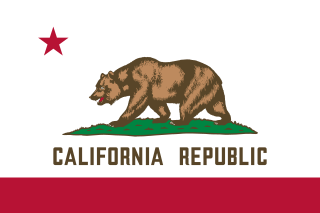California law still uses the viability limit established by the Supreme Court before Roe v. Wade was overturned. This meant that aborting a child who could reasonably survive outside of the mother's womb was only allowed if the baby's or mother's life is in danger. Proposal 1 does not reference any viability standards.
Proposal 1 states:
"The state shall not deny or interfere with an individual's reproductive freedom in their most intimate decisions, which includes their fundamental right to choose to have an abortion and their fundamental right to choose or refuse contraceptives. This section is intended to further the constitutional right to privacy guaranteed by Section 1, and the constitutional right to not be denied equal protection guaranteed by Section 7. Nothing herein narrows or limits the right to privacy or equal protection."
Michigan has a similar proposal on its ballot this year. Now that the federal right to abortion created by the Supreme Court in Roe v. Wade has been overturned, pro-abortion legislators are working to fill that space through state legislation or constitutional amendments. These initiatives prove that, even though Roe v. Wade has been overturned, pro-life advocates need to stay involved in elections to protect the unborn.

